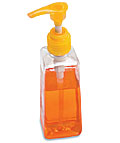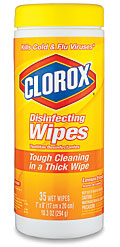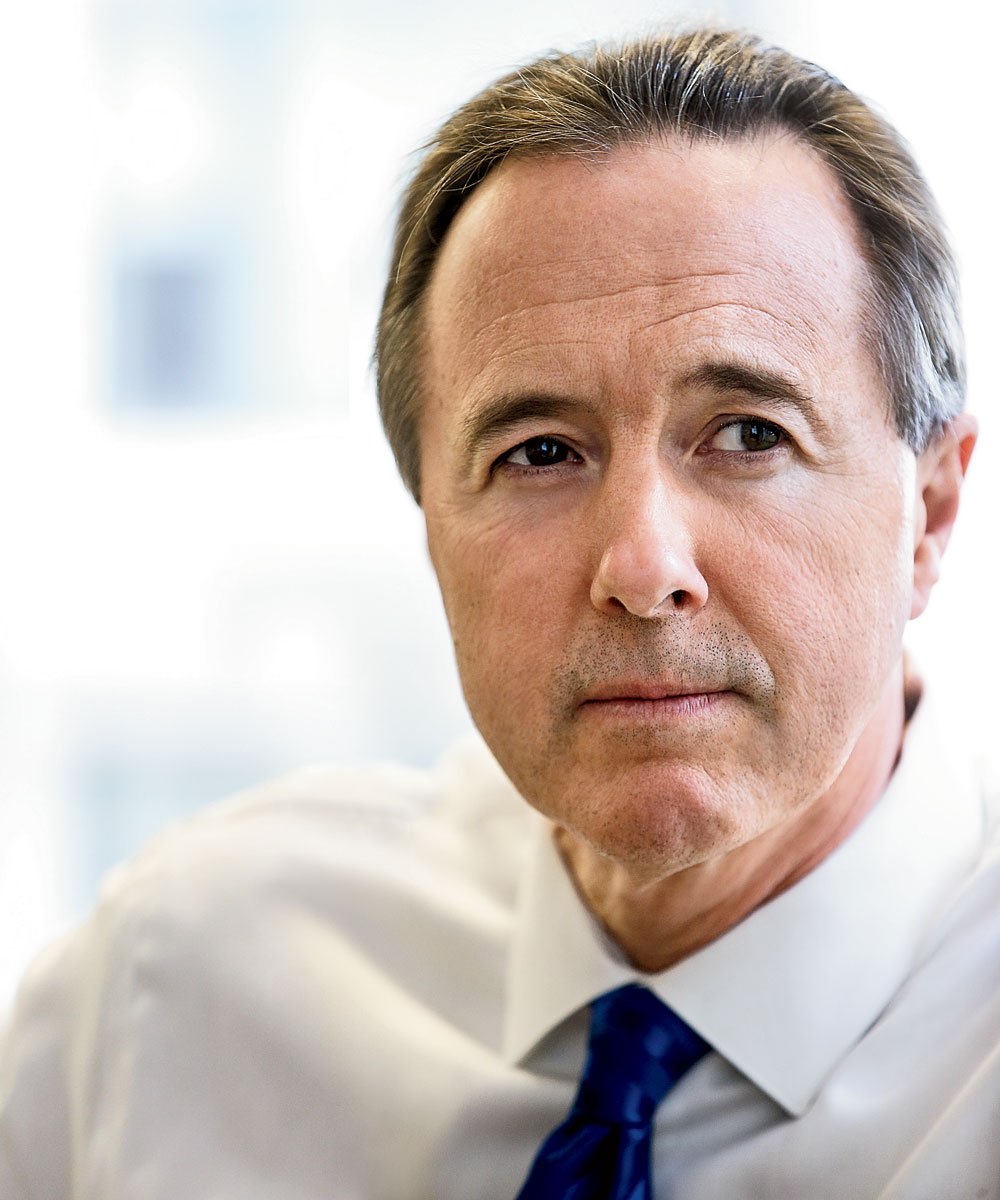How does someone with no background in education run Chicago Public Schools?
I view the role just as I viewed it when I ran the parks and the CTA. It’s a management challenge. You hire the very best people you can find in specialized areas.
Is this the toughest assignment you’ve had?
No question. The academic portion of the district is moving in the right direction—higher test scores, higher graduation rates, fewer dropouts, more college attendees, more college graduates. But we have to address the fiscal crisis head-on so we can concentrate on what really matters: the learning and success of our kids.
The CPS budget includes $480 million in pension support from Springfield. What happens if you don’t get it? You said in August that you don’t have a Plan B.
Well, that was incorrect. I’ve been very frank that the Plan B is thousands of teacher layoffs, higher class sizes, and perhaps more unsustainable borrowing in the middle of the school year. So that’s not a Plan B that we want to implement.
You’ve taken heat for passing a “phony” budget with a gaping hole in it. How does that inspire confidence?
The reason we passed a budget that wasn’t balanced was, frankly, to buy time—time for Springfield to address its own issues and then turn its attention to the schools.
How has your working relationship been with Karen Lewis, head of the teachers union?
Good. We’ve had our disagreements, obviously. But we’re both trying to come to consensus where it matters, on a new union contract.
Lewis has said that by asking teachers to pay their full pension contribution, you’re trying to force the union into another strike.
That’s just obviously not true. We are negotiating in good faith for a multiyear agreement that protects the kids, that protects teachers and their pensions, and also the taxpayers. When you have a $1.1 billion deficit that includes a $676 million annual pension liability, obviously everyone needs to be part of the solution.
Even after CPS decided to reopen Dyett as an open-enrollment high school, the hunger strikers continued their protest until September 19. They say the new arts focus won’t prepare students for profitable careers.
That’s a misunderstanding. An arts-focused school just means that there’s a heavy emphasis on opportunities in music and the performing arts. But that’s alongside rigorous mathematics and science and English and history. We know that 500 South Side kids last year couldn’t get into other arts-themed high schools. Dyett will help meet that demand. More importantly, there are about a dozen schools within a three-mile radius of Dyett that are almost universally underenrolled. We didn’t want a new school to take further kids from those schools and exacerbate their issues. Because of this unique demand for slots in schools that have arts opportunities, we will not negatively impact those schools while also meeting a real need.
A growing constituency wants to move from an appointed school board to an elected one. Could you support that change?
That would be a big mistake. If you contrast the progress in the modern era of mayoral control [since 1995] to the dismal academic environment in the preceding decade, I think anyone would say we should not look nostalgically backward.
You worked as chief of staff for both Richard M. Daley and Rahm Emanuel. How are they different?
They’re both driven to try to make the city better. But their styles, obviously, are the biggest difference, and those are—I don’t even know where to begin answering that question.
What do you think about the criticism Daley gets now?
Well, look, Mayor Daley has a great legacy and accomplished a lot for Chicago. But I think it’s obvious that Mayor Emanuel inherited some huge fiscal problems. There’s not just one single source of those issues. Emanuel didn’t get us in the mess, but he’s the one who has to get us out.
Do you see a run for mayor in your future?
No.
Why?
Because I’m focused on the challenge I have in front of me now.
Food for Thought
Students at many Chicago public schools are asked to buy classroom essentials such as paper towels and Band-Aids, even as CPS ordered $2.9 million1 worth of food—almost half for the district’s central office—from restaurants and caterers in fiscal 2015. Here’s what that money could have bought instead.
 |
 |
 |
 |
 |
| 6 million rolls of toilet paper |
1.5 million bottles of hand soap |
988,000 boxes of tissues |
730,000 containers of disinfectant wipes |
582,000 packs of dry-erase markers |



